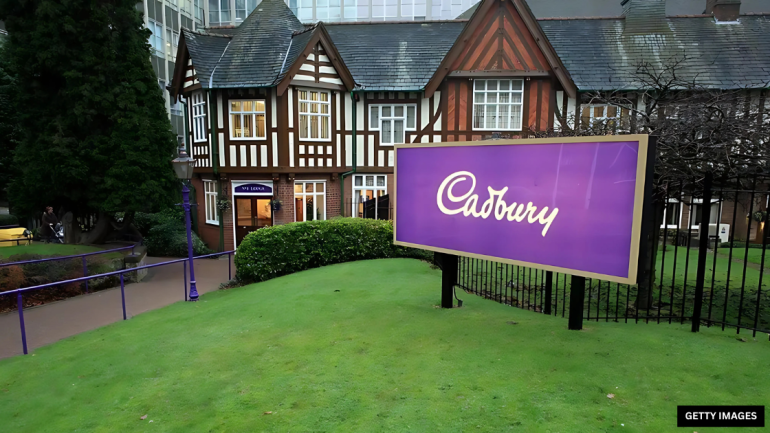Can you imagine Cadbury without its royal connection? For 170 years, the iconic Birmingham-based chocolatier proudly held the royal warrant—a seal of approval that linked it directly to Britain’s royal family. But now, under King Charles III, that historic partnership has come to an end. Yes, you heard it right—Cadbury has lost its royal warrant, and it’s the first time this has happened since Queen Victoria granted it in 1854.
So, what exactly is a royal warrant, and why does this matter? Think of it as the ultimate celebrity endorsement. A royal warrant means the company provides goods or services to the royal household. In Cadbury’s case, it was their chocolate and cocoa that earned them a spot on this prestigious list. Having a royal warrant is not just a badge of honor—it’s also a big marketing boost, signaling quality and trustworthiness to customers worldwide.
Now, you might be wondering, “What changed?” When King Charles ascended the throne, he reviewed the list of royal warrant holders—a process that happens with every new monarch. Companies must prove they’ve been supplying the royal household regularly and meet certain standards to retain the endorsement. While 386 companies successfully transitioned from Queen Elizabeth II’s reign to King Charles’ list, Cadbury didn’t make the cut.
Mondelez International, the American company that owns Cadbury, didn’t hide their disappointment. A spokesperson stated, “While we’re saddened by the decision, Cadbury remains committed to delivering the same great-tasting products our customers know and love.” It’s a dignified response, but you can’t help but wonder if the loss stings a little more deeply, given Cadbury’s longstanding ties to British tradition.
For many, Cadbury isn’t just a brand; it’s part of Britain’s cultural fabric. From Dairy Milk bars to Cream Eggs, their chocolates have been at the center of countless childhood memories, celebrations, and holidays. Losing the royal warrant feels symbolic—like a shift away from the brand’s deeply British identity. Some critics have speculated that Cadbury’s association with Mondelez might have played a role in this decision. Since Mondelez acquired Cadbury in 2010, the brand has faced backlash over recipe changes, downsizing products, and even allegations of using palm oil. These controversies might not have sat well with a monarch known for his commitment to sustainability and environmental issues.
But let’s not overreact. Losing the royal warrant doesn’t spell doom for Cadbury. It’s still a global powerhouse in the chocolate industry, and most customers probably don’t check for royal endorsements when grabbing a bar of Dairy Milk. That said, the warrant’s loss is a poignant reminder of Cadbury’s evolution—and how even the most cherished brands must adapt to changing times and expectations.
For now, Cadbury will continue making its beloved chocolates, royal warrant or not. And while their products might no longer be officially tied to Buckingham Palace, they’ll remain a staple in homes and hearts around the world.

